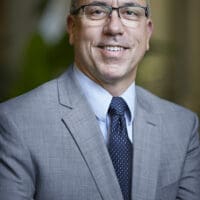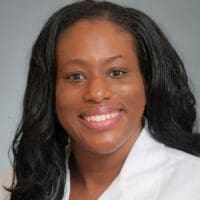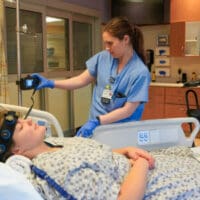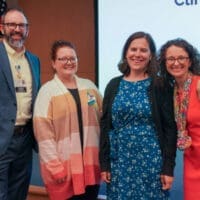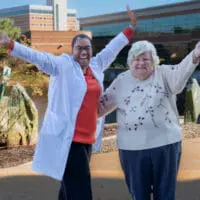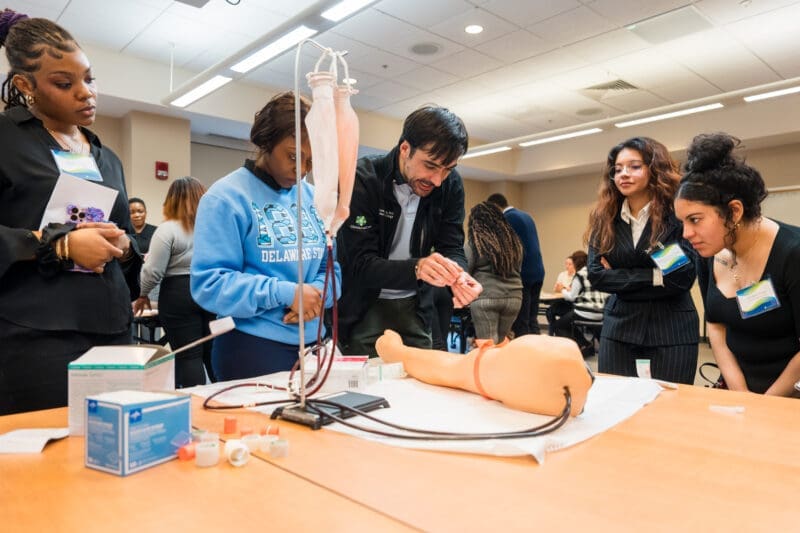

ChristianaCare hosted college students for an Under-represented in Medicine Pre-Medical Student Symposium on Feb. 10 at the John H. Ammon Medical Education Center on the Newark campus.
The event was designed to support undergraduate students interested in a career in medicine, particularly those who identify with groups under-represented in the field.
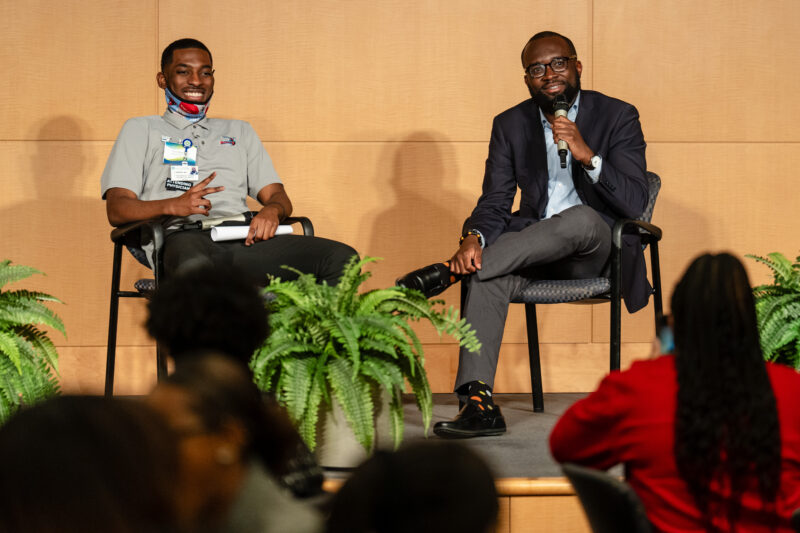

The symposium attracted over 100 college students for sessions on the medical school application process, volunteering, shadowing and research as pathways to medical school and paying for a medical education, plus hands-on workshops.
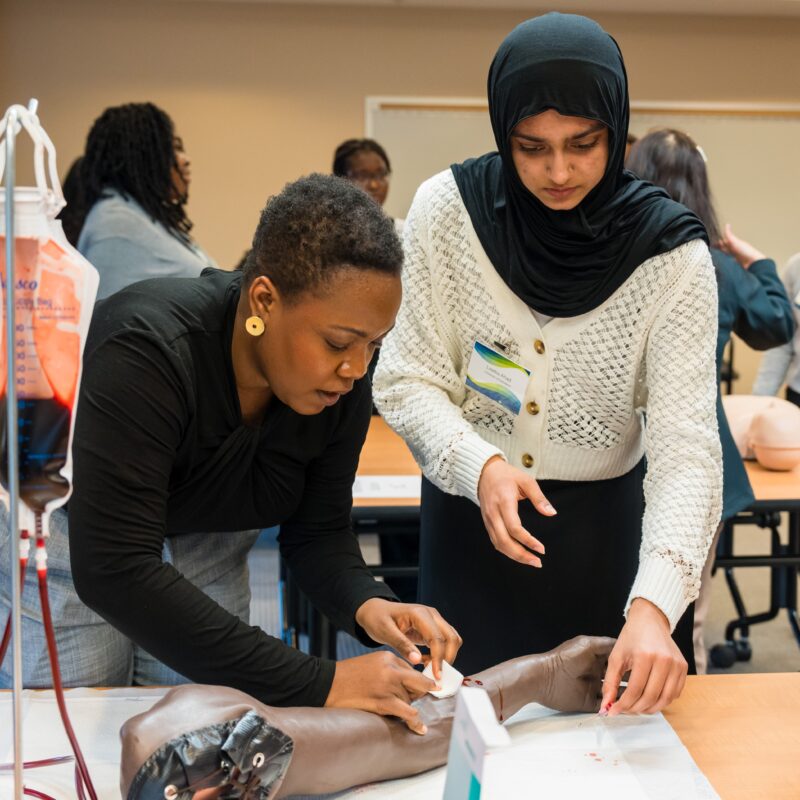

Clinicians and medical faculty from ChristianaCare shared information and inspiration with students from the University of Delaware, Delaware State University, Lincoln University, St. Joseph’s University, Villanova University, West Chester University and other schools.
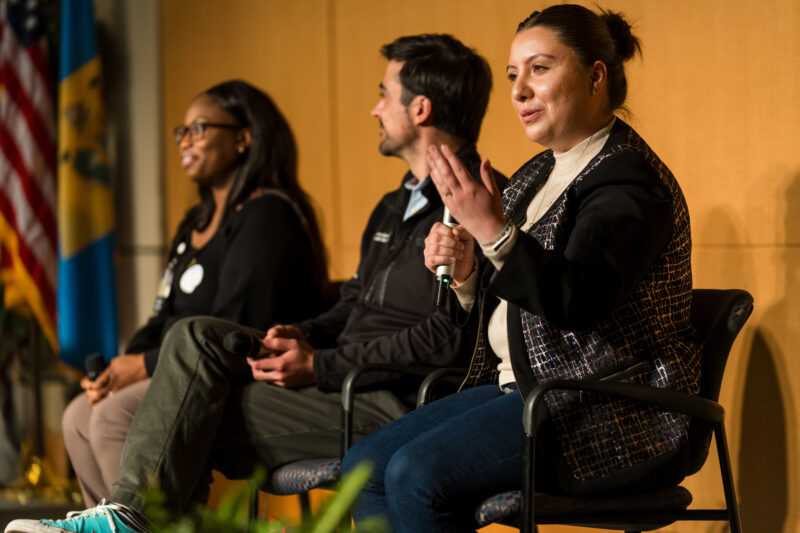

Rx for Future Physicians
How do you choose your medical school?
“Make sure your school has connections with the hospitals you are thinking about for residency.” – Martha Lopez-Siles, M.D.
How important is research, especially for competitive programs?
“Research doesn’t have to be in a lab. It can come from clinical experience. Do research in something you’re actually interested in rather than something that you think will make you look really smart and look good on your application.” – Chelsea Verdier, D.O.
What tips do you have for succeeding in medical school?
“Structure, structure, structure.” – Emmanuel Mensah, M.D., MBA
Panelist Martha Lopez Siles, M.D., a third year resident in Internal Medicine at ChristianaCare, emphasized the strength in diversity. After her parents emigrated to the United States, she went to undergraduate school through the Deferred Action for Childhood Arrivals (DACA) program, working her way through college as a restaurant server.
“Where you come from is not a weakness, it’s truly a strength,” she said. “Try to convey why you are different and know that you deserve to be in medical school. Your story and your personality make you stand out.”
According to a 2022 report by the American Association of Medical Colleges, more than half of medical students entering medical school identified as white, followed by 26.5% who identified as Asian. The percentage of students who identified as Hispanic, Latino, or of Spanish origin was 12.7%, while the percentage of those who identified as Black or African American was 11.3%.
The Association of American Medical Colleges defines under-represented groups in medicine to include Blacks or African Americans, Hispanics or Latinos, American Indians or Alaska Natives, Native Hawaiians and other Pacific Islanders.
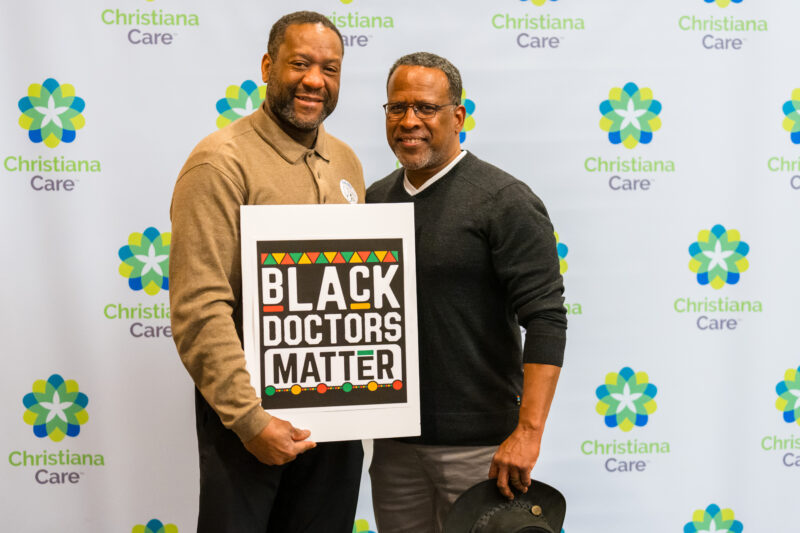

The symposium is part of ChristianaCare’s commitment to fostering diversity in the medical field and providing support to students from under-represented groups in their journey to becoming health care professionals.
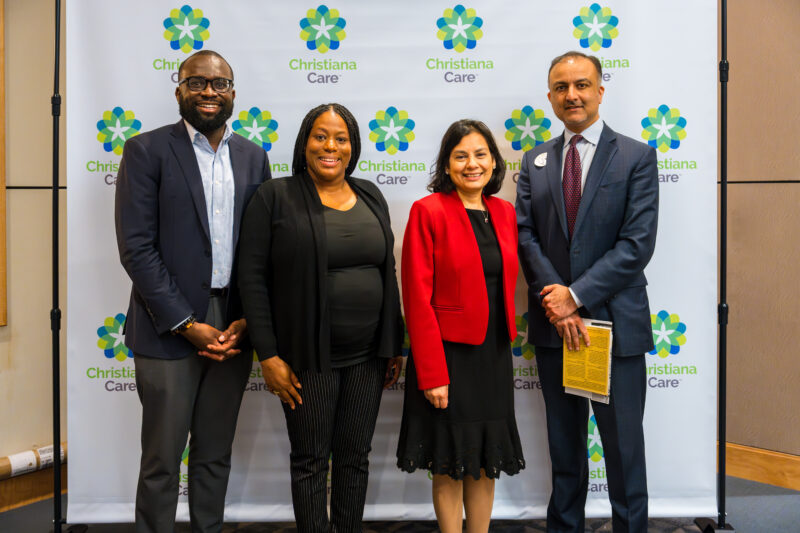

In a fireside chat on leadership pathways in medicine, Emmanuel Mensah, M.D., MBA, emphasized the importance of mentorship and feedback, urging students to be proactive in finding mentors “at every level” of their education and careers. Mensah is an internal medicine physician at ChristianaCare and chief medical officer of the Wilmington campus.
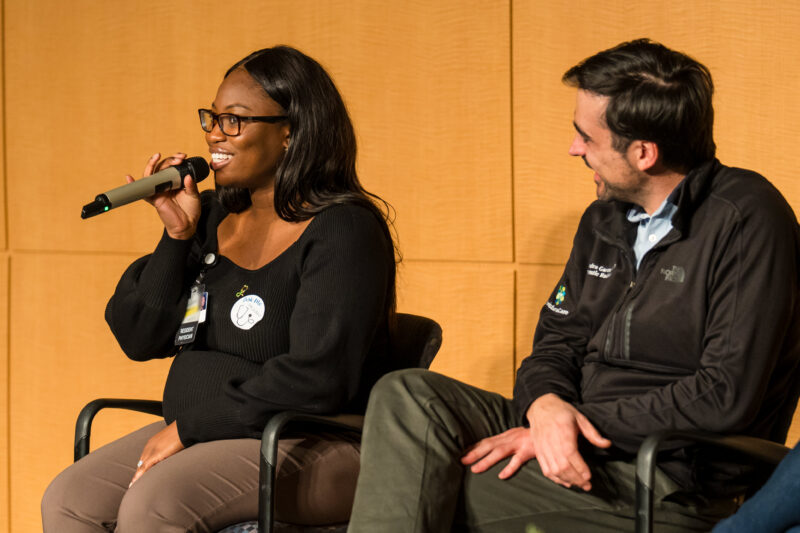

Panelist Chelsea Verdier, D.O., a first year resident in Family Medicine, said every step of medical school and residency have shaped her as a professional.
“Having all these experiences made me be the change I want to see,” she said. She has noted that being part of a care team for Black patients and families makes a difference for them.
“Even if I’m not their attending, they see that a Black woman is part of their team. It makes them smile. I’m where I’m supposed to be.”
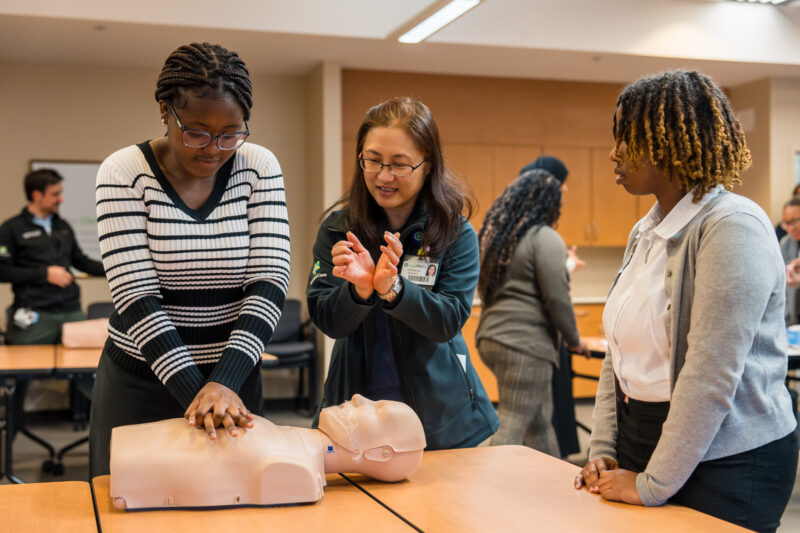

Alejandro Garces, M.D., who attended medical school in his native Colombia, South America, found his passion in the study of anatomy. He is a fifth year resident in Diagnostic Radiology at ChristianaCare and pursuing a fellowship in breast imaging.
He encouraged students to “stay connected with the people you meet. Keep your goal in sight. People see that grit.” He also advocated therapy as a supportive measure during the challenging journey of becoming a doctor.
“Do not lose yourself in this journey,” he said. “Have someone beside you who gets paid to listen to you” outside of the sphere of family and friends who are well-meaning but may not “get it.”
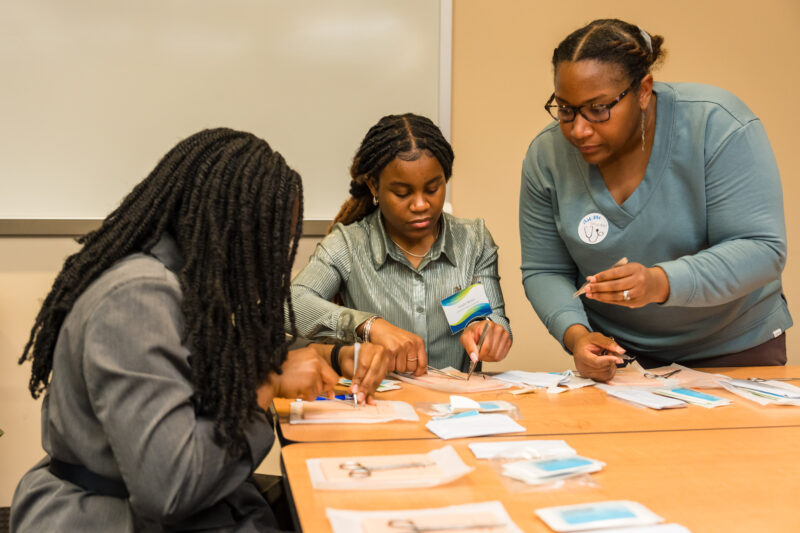

Zaire Blackwell, president of the Minority Association for Pre-Medical Students at Delaware State University, reflected on the symposium with enthusiasm and anticipation for the future.
“The event became bigger than I anticipated,” he said. “I plan to get a mentor in my corner – that was a major takeaway. I need to keep my head level for all the things that are coming.”
How would he describe his expectations for medical school?
“Beneficial to me and to the people who will come after me – the people I want to serve in my community.”


This post was originally published on this site
Share this Post




